Raspberry Red : JOAN J 2 year old cane (Fall Bearing)
$8.95
Excellent flavour along with outstanding yields from completely thornless canes makes Joan J very popular among commercial growers and home gardeners alike. Large, firm, deep red berries are easy and painless to pick. Under ideal conditions Joan J is tough to beat, but intense heat or drought can get this girl down. Mulch and water well, consider a site with some afternoon shade.
$8.95 EACH
or
Bundle of 25 $115.00
SELF-FERTILE | ZONE 4 | HARVEST: LATE AUG. - EARLY SEPT.
10 reviews for Raspberry Red : JOAN J 2 year old cane (Fall Bearing)
Only logged in customers who have purchased this product may leave a review.
Growing Tips
Before leaving the raspberries behind, let's briefly focus on their leaves. They are such a powerful tonic, you should grow some canes for this reason alone. Tea made with raspberry leaves (fresh or dried) is a potent elixir for all sorts of ailments. Do a bit of research or ask any qualified herbalist.
Raspberry canes MUST be kept moist until they are in the ground. In fact, we believe that the main reason that canes fail to grow is from the root hairs becoming dry at some point in the planting process.
We suggest using Soil Moist root dip (see page 81). Soak the roots for 1-2 hours just before planting. From our own experience it is highly effective. It is also recommended for other plants – blackberries, strawberries, etc.
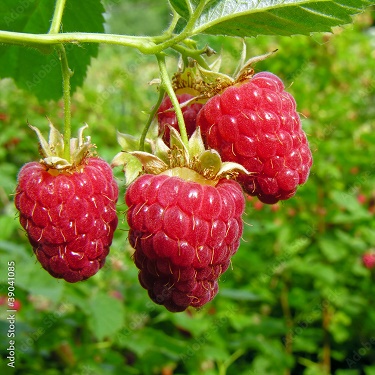
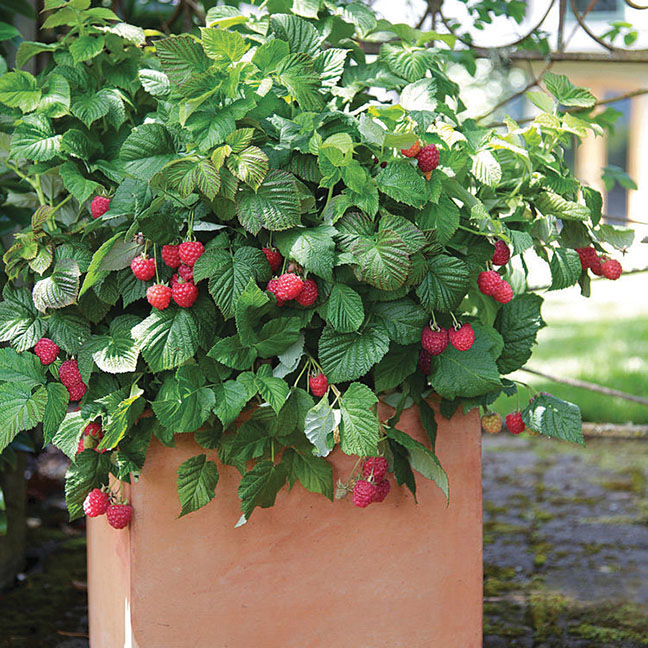
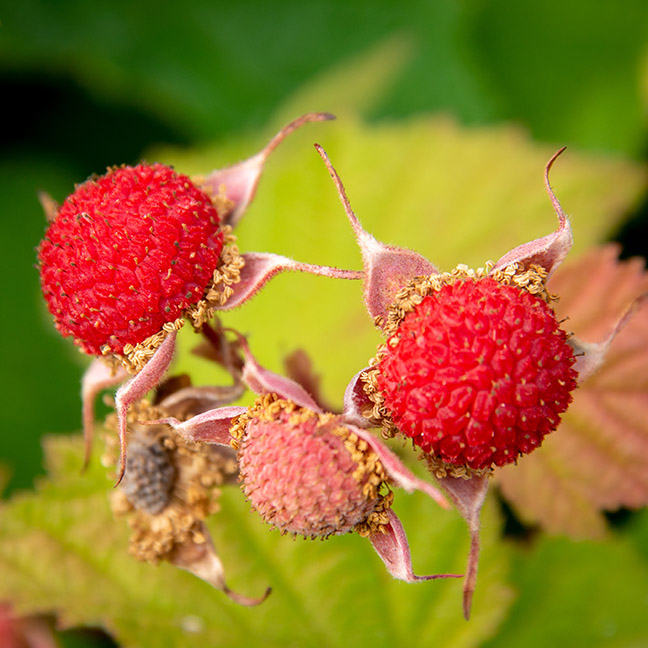
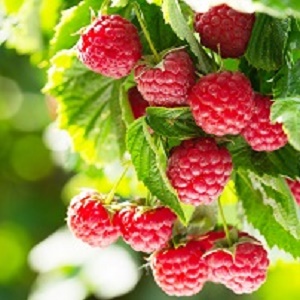
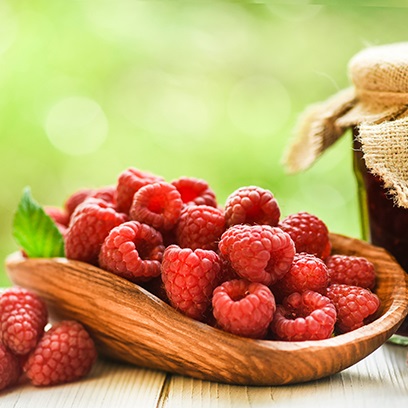
photographybyelena (verified owner) –
The flavour was amazing! Very sweet, not sour.
Judy H. (verified owner) –
david brochu (verified owner) –
In the ground and alive what more can u ask for 🙂
Daniel Mullings (verified owner) –
It is growing
Anonymous (verified owner) –
Teresa M. (verified owner) –
I got my raspberrys 5 weeks ego thay are growing nicely hope to get awsome fruits from them.
Thank you very much
Anonymous (verified owner) –
Geoffrey Jelley (verified owner) –
Clare (verified owner) –
Nice amount of root with the cane. It has grown leaves already.
Mark Denee (verified owner) –